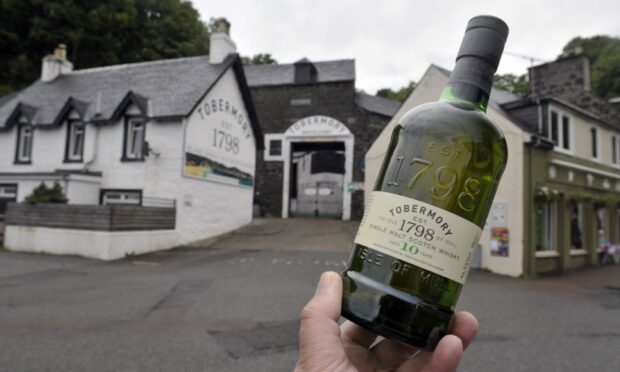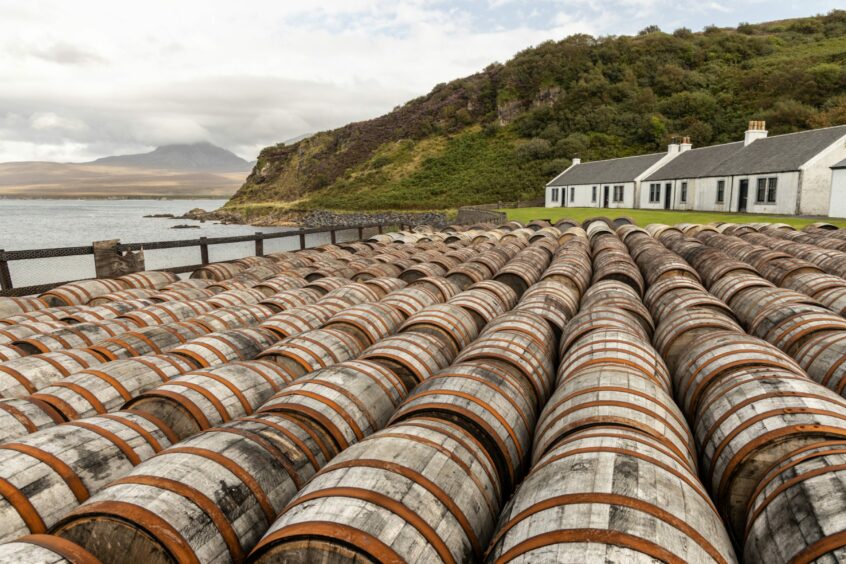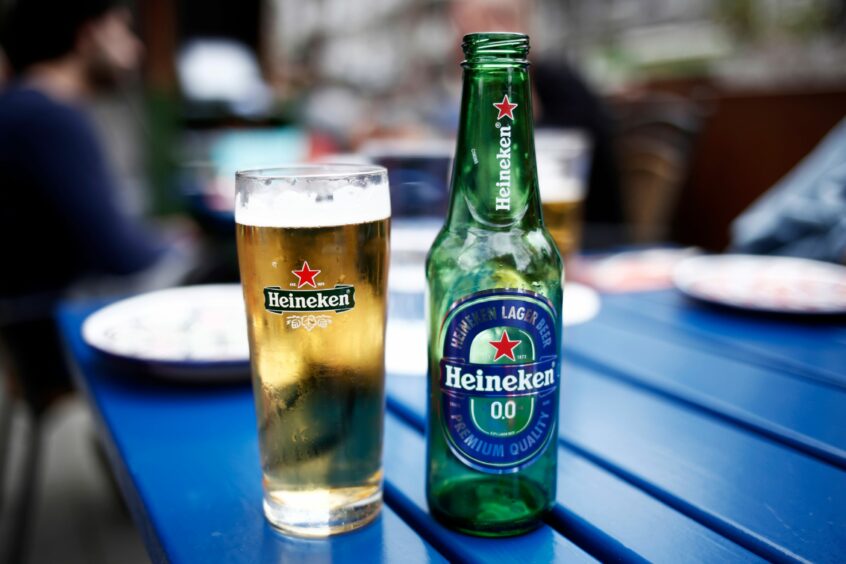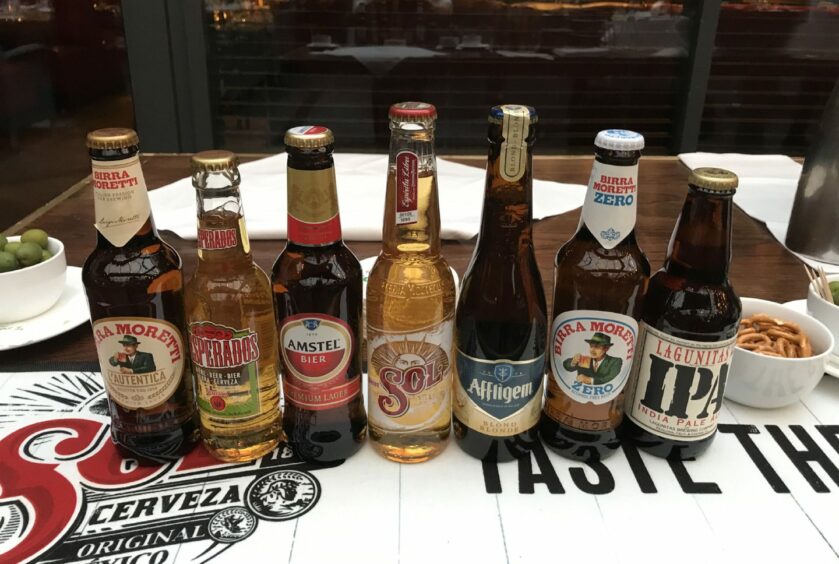A trio of Scotch whisky distilleries is poised for new ownership as part of a proposed £1.9 billion takeover of their South African owner.
Bunnahabhain, on Islay, Tobermory, on Mull, and Deanston, near Dunblane, are in line to change hands under acquisition plans announced by international beer giant Heineken today (November 15).
Heineken, which has its headquarters in the Netherlands aims to buy South African drink firm Distell, whose portfolio includes the three distilleries, as well as the Scottish Leader and Black Bottle whisky blends.
Building an African drink giant
The move for Distell is part of a bigger swoop for Distell and another African drink company, Namibia Breweries.
Heineken plans to combine both businesses with its existing South African operations to create a new, majority-owned company worth around £3.4bn.
Heineken chairman and chief executive Dolf van den Brink said: “We are very excited to bring together three strong businesses to create a regional beverage champion, perfectly positioned to capture significant growth opportunities in southern Africa.
I am excited for what lies ahead as we look to combine our strong and popular brands and highly complementary geographical footprints.”
Dolf van den Brink, chairman and CEO, Heineken.
“Distell is a highly regarded, resilient business with leading brands, a talented workforce and a strong track record of innovation and growth.
“Together we will be able to better serve our consumers and customers through a unique combination of multi-category leading brands and a strengthened route-to-market.”
Mr van den Brink added: “The businesses share common values derived from their family heritage, long-term perspectives, entrepreneurial spirit, and care for people and planet.”
Distell chief executive Richard Rushton said: “This partnership has the potential to leverage the strength of Heineken’s global footprint with our leading brands to create a formidable, diverse beverage company for Africa.
“I am excited for what lies ahead as we look to combine our strong and popular brands and highly complementary geographical footprints to create a world-class African company in the alcohol beverage sector.
“Our combined entity will grow our local expertise and insights to better serve consumers across the region.”
Distell is Africa’s leading producer and marketer of ciders, flavoured alcoholic beverages, and wines and spirits.
Namibia Breweries is the beer market leader in its home country.
Heineken’s total investment in creating a thew new South African business will be worth around £2.1bn, in return for a 65% shareholding.
The proposed deals with Distell and Namibia Breweries are subject to shareholder and regulatory approvals.
If these are forthcoming, the transactions are expected to complete during 2022.
Heineken is behind international beer brands including Amstel, Sol, Tiger, Kingfisher and Birra Moretti, as well as its own-name products. It also makes Strongbow cider.
The group employs around 84,000 people globally across about 300 brands.
Bunnahabhain, Tobermory and Deanston have been owned by Distell since 2013, when the Soth African group swooped to acquire East Kilbride-based Burn Stewart Distillers for £160 million.



